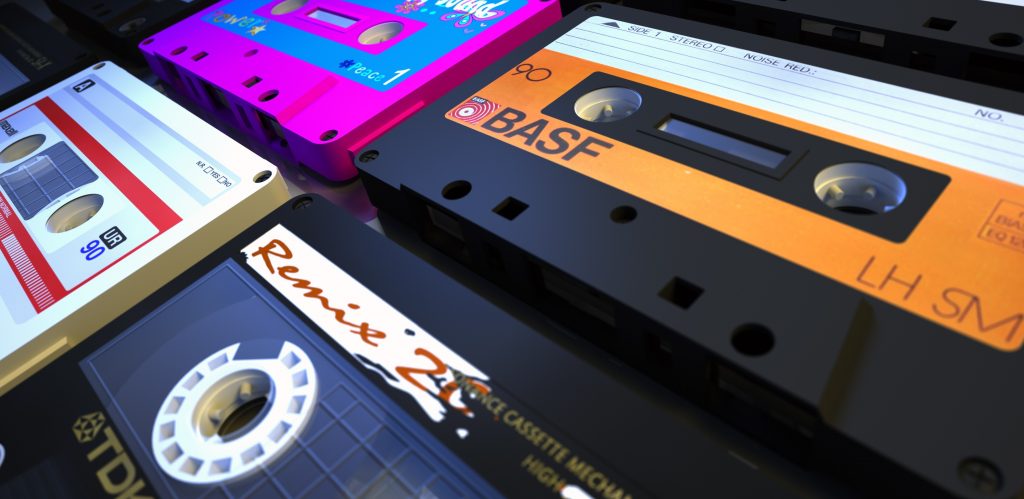Source: pixabay.com
It seems like the music industry has been in a perpetual state of crisis for the last 30 years or more. Every time a new wave of beta-technology is thrust upon the world, it is hailed as the death knell of the trade. Those involved in the business are accused of being stuck in their ways and unwilling to evolve but, somehow, the industry finds ways to survive despite its apparent rigidity.
The tape machine, the music video, the CD, the internet, the iPod, and online streaming have all had an effect on the way the industry operates but none have fully put the system to sleep. In fact, it could be argued that music companies have had to change their ways more than businesses in any other industry due to their reliance on the latest technology to market and supply their product.
So, what is the next digital evil lurking in the shadows waiting to fire a headshot at the music biz?
With royalties and artistic credits harder to track and monitor in the digital age, and with streaming services paying fractions of a cent per play, it is true that many artists at the lower end of the spectrum are struggling to make ends meet. But some have suggested that new technologies such as Blockchain could actually improve things for those currently struggling to earn a decent living from their trade.
Source: pixabay.com
Blockchain technology is used to power bitcoin, the popular cryptocurrency that has broken into the mainstream via certain online retailers such as Expedia and Overstock. Betting companies such as Bitcasino are also attracting customers to their bitcoin-only platform with welcome bonuses. Bettors who claim these promotions are given extra bitcoins with which to wager on the site. As a result, more and more people are becoming familiar with the technology and it looks like it is here to stay.
Blockchain acts like a super-secure online database of peer-to-peer transactions for systems such as Bitcoin and there are some who see it as the future for online music platforms. By embedding unmodifiable data such as licences, rights holders, terms of use etc. into digital tracks, the Blockchain system can maintain an accurate and highly secure ledger of what has been played and who should get paid. This would solve the issue where music or videos are uploaded by a user online but it is unclear who holds the rights and, as a result, nobody gets paid. With a Blockchain format, all the information would be permanently stored in the metadata. And it appears streaming giants such as Spotify have been quick to get in on the act.
This type of system would also allow transactions to be carried out in real time, with payments triggered as soon as a track is accessed. This would transform the current royalty system which still relies on a huge amount of paperwork. What’s more, if the terms of use are embedded in the track, anyone wanting to use the music could enter into a digital contract in a matter of seconds, making sampling and covering much easier and nipping any legal disputes in the bud.
To implement this new system, a new file format has been developed by dotblockchainmusic and alternative streaming services have already entered the market. The transition into the digital age was always going to be a tricky one for the business but, for the artists who previously felt excluded from this musical revolution, there is a reason to be positive about the future.








